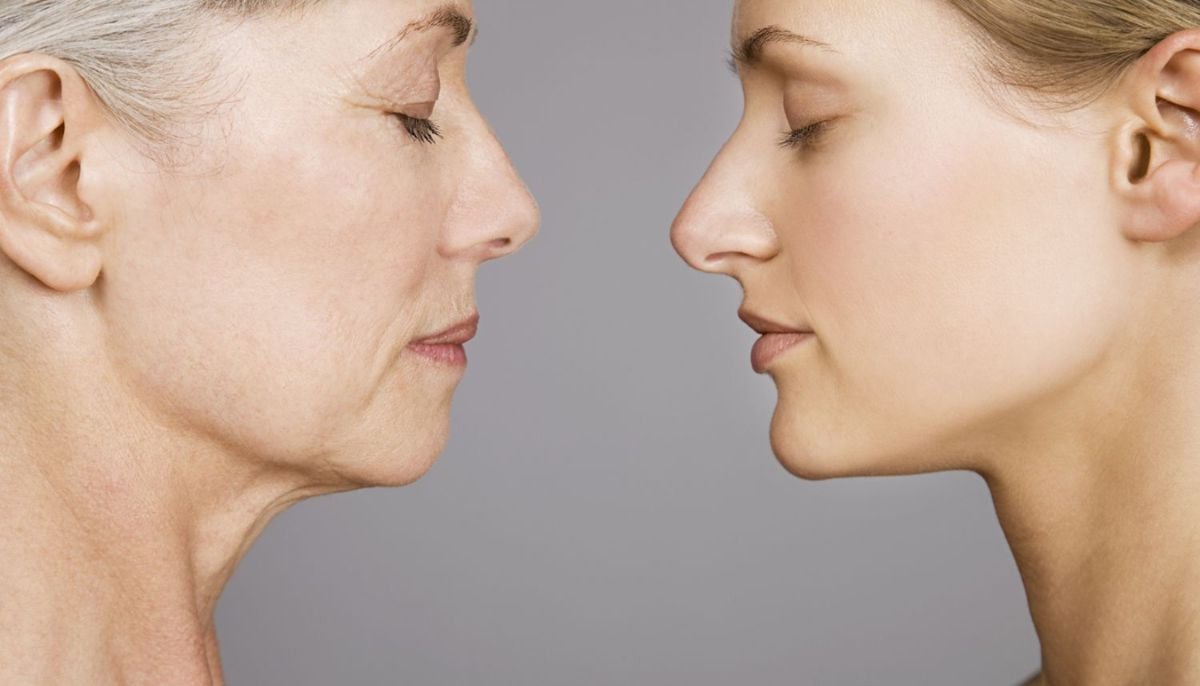Canada reports first human case of bird flu in teenager
Bird flu is commonly found in wild birds and poultry, but can occasionally infect humans via close contact or contaminated environments
A teenager in British Columbia, Canada has become the first person in the country to test positive for bird flu, authorities said Saturday.
This person is receiving treatment in a children's hospital for H5 avian flu, the provincial health department said.
The source of contagion and any possible contacts are being investigated.
Officials said the infection probably came from a bird or animal.
"This is a rare event," British Columbia Health Officer Bonnie Henry said. "We are conducting a thorough investigation to fully understand the source of exposure here in BC."
Bird flu is most commonly found in wild birds and poultry, but has more recently been detected in mammals, with an outbreak in cattle seen across the United States this year.
It can occasionally infect humans through close contact or contaminated environments.
Scientists have voiced concern about the growing number of mammals becoming infected by bird flu, even if cases in humans remain rare.
They fear a high rate of transmission could facilitate a mutation of the virus, which could enable it to be passed from one human to another.
In September officials said a person in Missouri became the first in the United States to test positive for bird flu without a known exposure to infected animals.
All previous bird flu cases in the United States have been among farmworkers, including the very first, in 2022.
In the decades since H5 has been found in humans, there have been rare cases where an animal source cannot be identified. But there has so far not been evidence of sustained human-to-human transmission, which would significantly increase the threat level.
-
Lewis Capaldi details 'impact of Tourette' on his career
-
Christina Applegate struggles to leave bed amid multiple sclerosis battle
-
Demi Lovato bravely admits she is ‘not ashamed’ of having bipolar disorder
-
Can humans reverse aging? Harvard scientist predict revolutionary breakthrough
-
How Liam Payne’s death impacted awareness about mental health
-
Taylor Swift expresses how negative body comments triggered her
-
Lady Gaga details how eating disorder affected her career: 'I had to stop'
-
Celebrities who struggle with infertility












